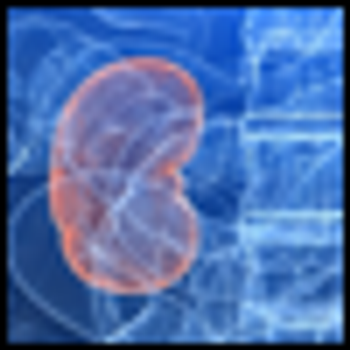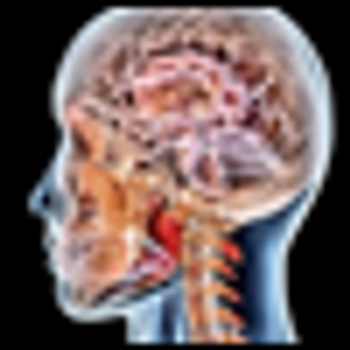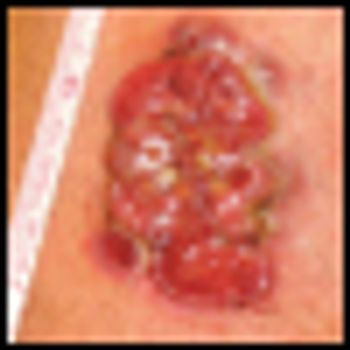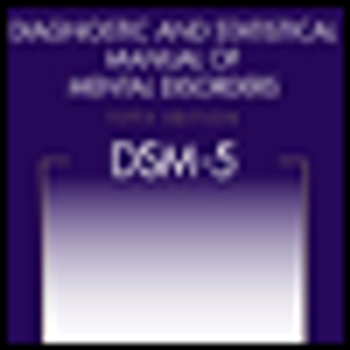
“If you were a ship, where would you sail?” . . . “What is your favorite hockey team?” and “What will you do if you don’t get into medical school?”

“If you were a ship, where would you sail?” . . . “What is your favorite hockey team?” and “What will you do if you don’t get into medical school?”

A new Medicaid demonstration program slated to begin next year will pilot a solution to the problem of “psychiatric boarding,” which has plagued general hospitals for many years.

In theory, psychiatrists possess no special skills for determining capacity of a patient to accept or refuse medical care, yet a large percentage of a psychosomatic physician’s work nonetheless involves capacity evaluations.

Currently, there are 350,000 Americans who receive maintenance dialysis for renal failure, and this predominantly elderly population with multiple comorbidities is growing.

This article provides background information on the FGIDs for psychiatrists and a review of recent research on the biopsychosocial mechanisms that contribute to the illness experience.

News flash From Medscape Medical News-“APA Answers DSM-5 Critics”-a defense of DSM-5 offered by Darrel A. Regier, MD, vice-chair of the DSM-5 Task Force.

Until recently, most people believed that hoarders were eccentric people who died surrounded by a lifetime collection of stuff. Hoarding in families was cloistered in a vault of family secrets or passed off as an individual peculiarity.

Michael Blumenfield, MD is the Sidney E. Frank Distinguished Professor Emeritus of Psychiatry and Behavioral Sciences at New York Medical College; a past speaker of the Assembly of the American Psychiatric Association; and President-Elect of the American Academy of Psychoanalysis and Dynamic Psychiatry. He writes a blog, www.PsychiatryTalk.com, and contributes to the Psychiatric Times blog, “Couch in Crisis.” He is in private practice in Woodland Hills, Calif.

When it comes to DSM-5, experience has proven conclusively that the APA will not attend to the science, evaluate the risks, or listen to reason. A user’s revolt has become the last and only hope for derailing the worst of the DSM-5 suggestions.




Psychache (sīk-āk), a neologism coined by suicidologist Edwin Shneidman, is unbearable psychological pain-hurt, anguish, soreness, and aching.

“I’m so cold, so weary in my abandonment. Go and find my Mother, O Wind. Take me to the house I never knew.”

Biomarkers for mental disorders is a field whose time has come. Optimists will say within a few years, pessimists might say a decade or beyond.

When working with patients who are at high risk for relapse or misuse of prescription medications, careful documentation of the informed consent process is a helpful risk management tool.

Researchers have tried lots of different kinds of tests from EEGs to blood-based biomarkers. Now genetic tests are a very popular means of trying to understand different psychiatric disorders.

Last week I challenged the American Psychiatric Association (APA) to end its silence in the face of widespread criticism and finally to mount its belated public defense of DSM-5. These are the 5 questions that cry out for straight answers.

Both the DSM-5 Web site and Psychiatry News have recently heralded the proposed DSM-5 revision for diagnosis of personality disorders.

new TWTR.Widget({ version: 2, type: 'search', search: '#psychcongress2011', interval: 30000, title: 'Live From Los Vegas', subject: 'Tweets From PsychCongress 2011', width: 250, height: 300, theme: { shell: { background: '#8ec1da', color: '#ffffff' }, tweets: { background: '#ffffff', color: '#444444', links: '#1985b5' } }, features: { scrollbar: false, loop: true, live: true, behavior: 'default' }}).render().start();

Psychiatric Compensation 2012 Is your compensation keeping pace with that of your fellow psychiatrists? We surveyed practicing psychiatrists all across the country about their compensation and overall health of their practices. See what they said, then join the conversation about how your practice is different.


Psychiatrists may be more reluctant than are other mental health clinicians to sign a petition questioning the safety and value of DSM-5. After all, it is the American Psychiatric Association that is sponsoring DSM-5 and there is a natural tendency to want to trust the wisdom of one’s own Association.

“Love and work are the cornerstones of our civilization.” This quote, rightly or wrongly attributed to Freud, simply and succinctly indicates the importance of the “Occupy Wall Street” movement.

The DSM-5 petition is now 12 days old and has already been signed by nearly 3500 people. It can be accessed at http://www.ipetitions.com/petition/dsm5/

After all this controversy and opposition, there is one thing (and one thing only) that will save the credibility of DSM-5 and guarantee its safety--a credible process of external scientific review.

Find out how your compensation, bonuses, and benefits compare to that of your peers. Do you work more hours than others or less? Based on unique research by Psychiatric Times.

So far, opposition to DSM-5 has been expressed by at least 11 organizations.

Epidemic: (from epid?mos, prevalent : epi-, epi- + d?mos, people) "...an epidemic refers to an excessive occurrence of a disease."--from Friis & Sellers, Epidemiology for Public Health Practice, 4th ed, 2010

The petition to reform DSM-5 continues to gain momentum. In its first full week, more than 2300 people have already expressed their disapproval of the DSM-5 proposals and their desire to see dramatic changes. And the numbers are growing each day.